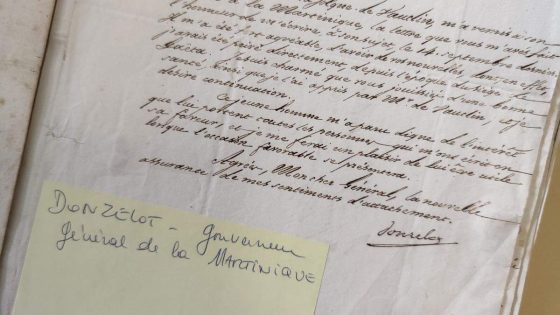Illegal trade in Napoleon-era archival material has come under scrutiny in Belgium, highlighting concerns over preserving national heritage. On 2025-06-18 20:45:00, the court in Charleroi concluded a case involving a retired collector accused of trafficking French and Belgian archive documents from the Napoleonic period. The man bought and sold letters from French soldiers and officials, handling nearly €250,000 and personally profiting over €81,000.
- Police conclude investigation on illegal archive trade
- Collector trafficked Napoleon-era French and Belgian documents
- Archives face theft despite improved security measures
- Selling and possessing government archives is illegal
- Collector ignored warnings, received probation sentence
- Missing pages hinder historical research accuracy
This case reads like a Tintin adventure, but it exposes a real problem affecting European archives. How can authorities protect invaluable historical documents when illegal networks thrive? The Liège State Archives warn that stolen documents often resurface in the market, threatening the integrity of Belgium’s and France’s shared past.
What impact does this illicit trade have on Belgian history? The following fast answer offers a concise overview.
Why does this matter beyond individual wrongdoing? The theft of archival pages disrupts historical research and collective memory. Consider these points:
- Missing documents hinder historians’ ability to trace Belgian soldiers’ roles in Napoleon’s army.
- Many collectors are unaware that possessing government archives is illegal, complicating enforcement.
- Authorities face challenges securing archives despite improved protections.
- Persistent offenders risk damaging Belgium’s cultural identity through illicit sales.
Protecting archival heritage requires vigilance and public awareness. Will Belgium strengthen legal frameworks and educational efforts to prevent further losses? Citizens and collectors alike must recognize that archives are not mere paper but vital pieces of our identity and history.

































